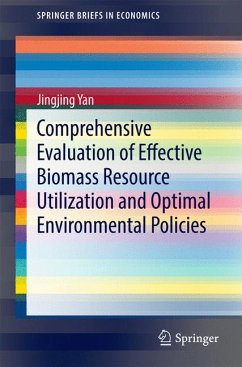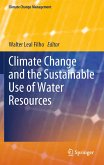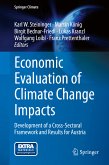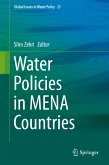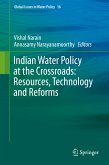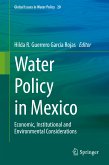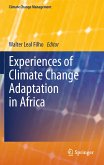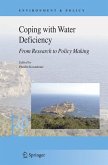This book adopts a linear optimization method and introduces a dynamic optimization simulation model for analyzing synthetic environmental policies as endogenous variables in order to improve the environment and provide more biomass energy. The model considers both the total ecological system and the socio-economic situational changes. The purpose of the research is to establish effective utilization methods for biomass resources as well as to coordinate resource reutilization, environmental conservation and economic development, and ultimately to achieve sustainable development of society. By selecting for examination a typical suburb of a major city in China (Miyun County near Beijing), the book improves the simulation model and focuses on the evaluation of water pollutant minimization based on the ecological value of Miyun Reservoir. In the simulation, the author takes into account the specific and unique characteristics of China's economy and social state in terms of sustained economic growth rate, financial subordination relations and regional environmental policies, all of which differ from the model for Japan. Beyond these innovations, the book introduces two advanced technologies from Japan and China to the study area through simulation with integrated policies, and presents a regional analysis and allocation strategy for these technologies, which have demonstrated impressive operability in practice, in light of the current conditions and limited funds in China.
Dieser Download kann aus rechtlichen Gründen nur mit Rechnungsadresse in A, B, BG, CY, CZ, D, DK, EW, E, FIN, F, GR, HR, H, IRL, I, LT, L, LR, M, NL, PL, P, R, S, SLO, SK ausgeliefert werden.

